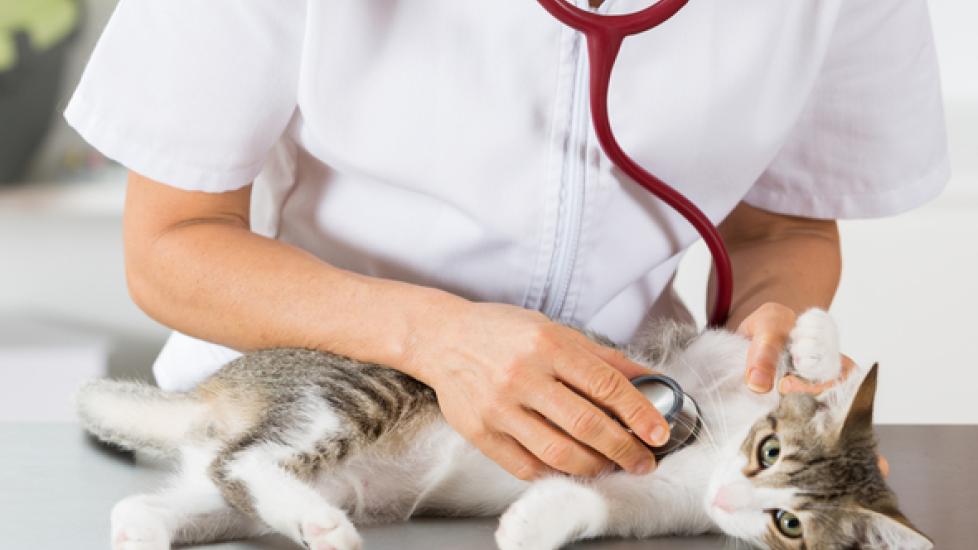 As a pet expert, it’s crucial to be aware of the health issues that can affect our feline friends. Kittens are particularly vulnerable due to their developing immune systems and tendency for curiosity-driven mischief. Here are five common illnesses that kittens may encounter:
As a pet expert, it’s crucial to be aware of the health issues that can affect our feline friends. Kittens are particularly vulnerable due to their developing immune systems and tendency for curiosity-driven mischief. Here are five common illnesses that kittens may encounter:
-
Upper Respiratory Infections: These infections, similar to colds in humans, are often caused by viruses such as herpesvirus or calicivirus. Symptoms include sneezing, nasal discharge, conjunctivitis (inflammation of the eye), and loss of appetite. Treatment typically involves supportive care, such as keeping the kitten warm and hydrated, along with antiviral medications if necessary.
-
Feline Panleukopenia: Also known as distemper, this highly contagious viral disease affects the cat’s bone marrow and intestinal tract, leading to fever, lethargy, vomiting, diarrhea, and anemia. It is crucial to vaccinate kittens against panleukopenia starting at around six to eight weeks old.
-
Ringworm: This fungal infection doesn’t actually involve worms; rather, it refers to the ring-shaped bald patches on the skin. Ringworm is highly contagious between animals and humans and requires treatment with topical antifungal medication under veterinary guidance.
-
Intestinal Parasites: Roundworms, hookworms, and tapeworms are common parasites found in kittens. They can cause digestive upset, weight loss, and possibly more severe consequences like anemia or malnutrition. Regular deworming schedules should be followed based on your veterinarian’s recommendations.
-
Leukemia Virus Infection (FeLV): Feline Leukemia Virus is a serious condition affecting a cat’s white blood cells. FeLV can lead to immunosuppression, making affected cats prone to secondary infections and other diseases. Vaccination against FeLV is recommended for kittens exposed to infected cats or those living outdoors.
To keep your kitten healthy, follow these preventive measures:
- Maintain good hygiene practices, including regular cleaning of food and water bowls, litter boxes, and toys.
- Keep up with routine vaccination appointments as advised by your vet.
- Practice responsible breeding or adoption, ensuring both parents have been tested for hereditary conditions.
- Provide a balanced diet and monitor eating habits to ensure proper nutrition.
- Schedule regular check-ups with your veterinarian to catch any potential problems early.
By being informed about common kitten illnesses and taking proactive steps towards prevention, you can help ensure your furry companion lives a long and healthy life.
